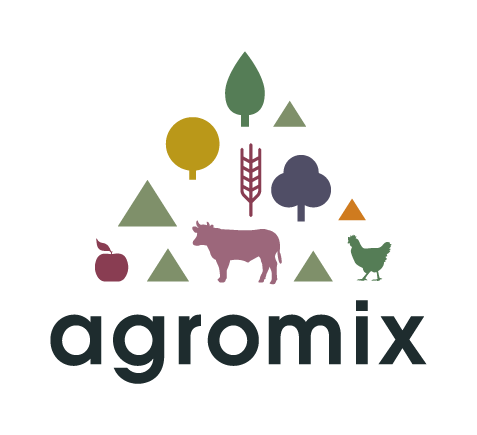The Iberian Agroforestry and Mixed Farming Community has been highlighted by the Agromix project as a relevant innovation for the agroforestry sector, in the article: "Cultivating connections: the growth of thematic social networks in agroecology".
This thematic social network specialised in agroforestry systems has been created by the LIFE AgroForAdapt and PRIMA Transition projects, and has recently been joined by other projects such as Agromix and DigitAF, and currently has 116 registered members.

